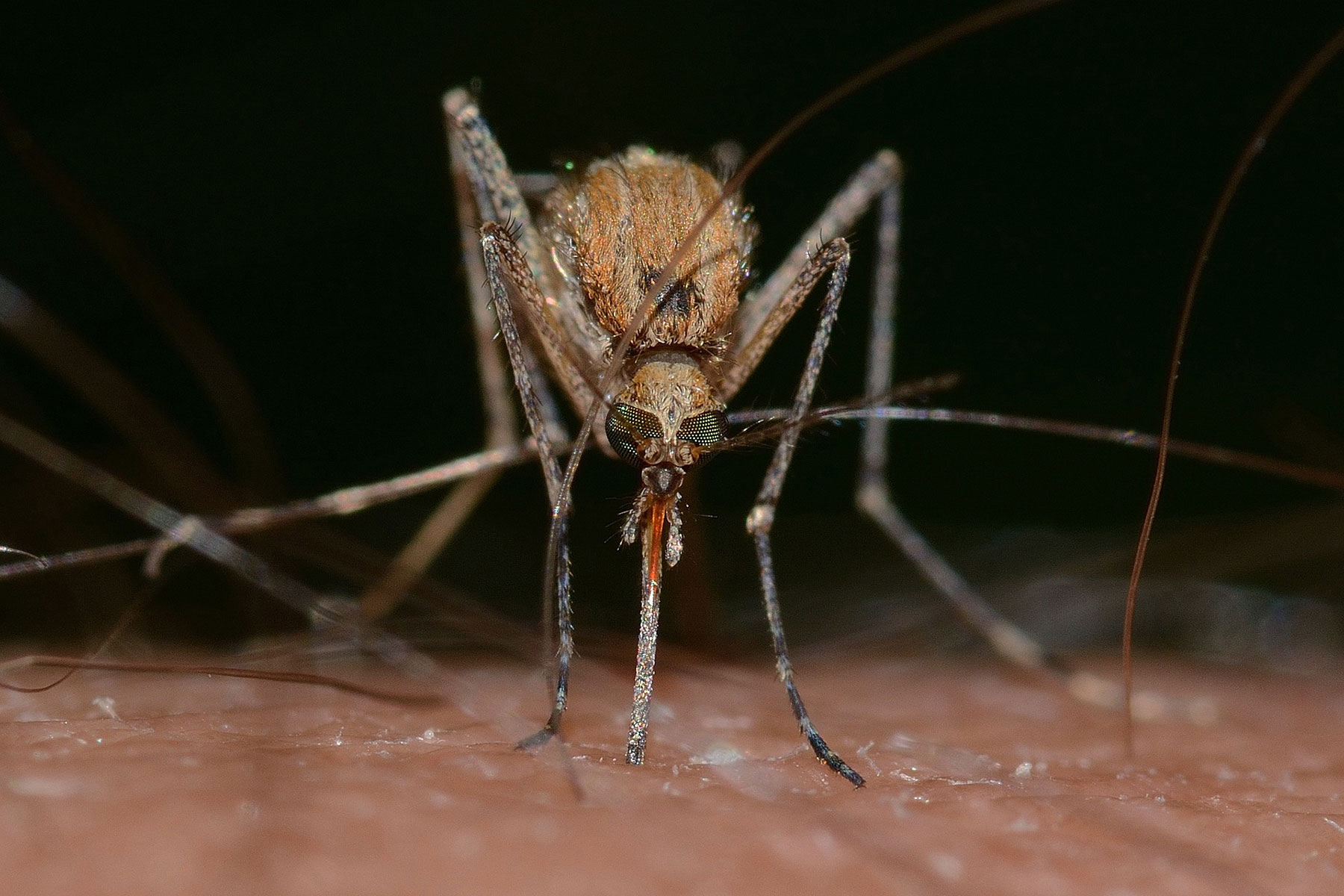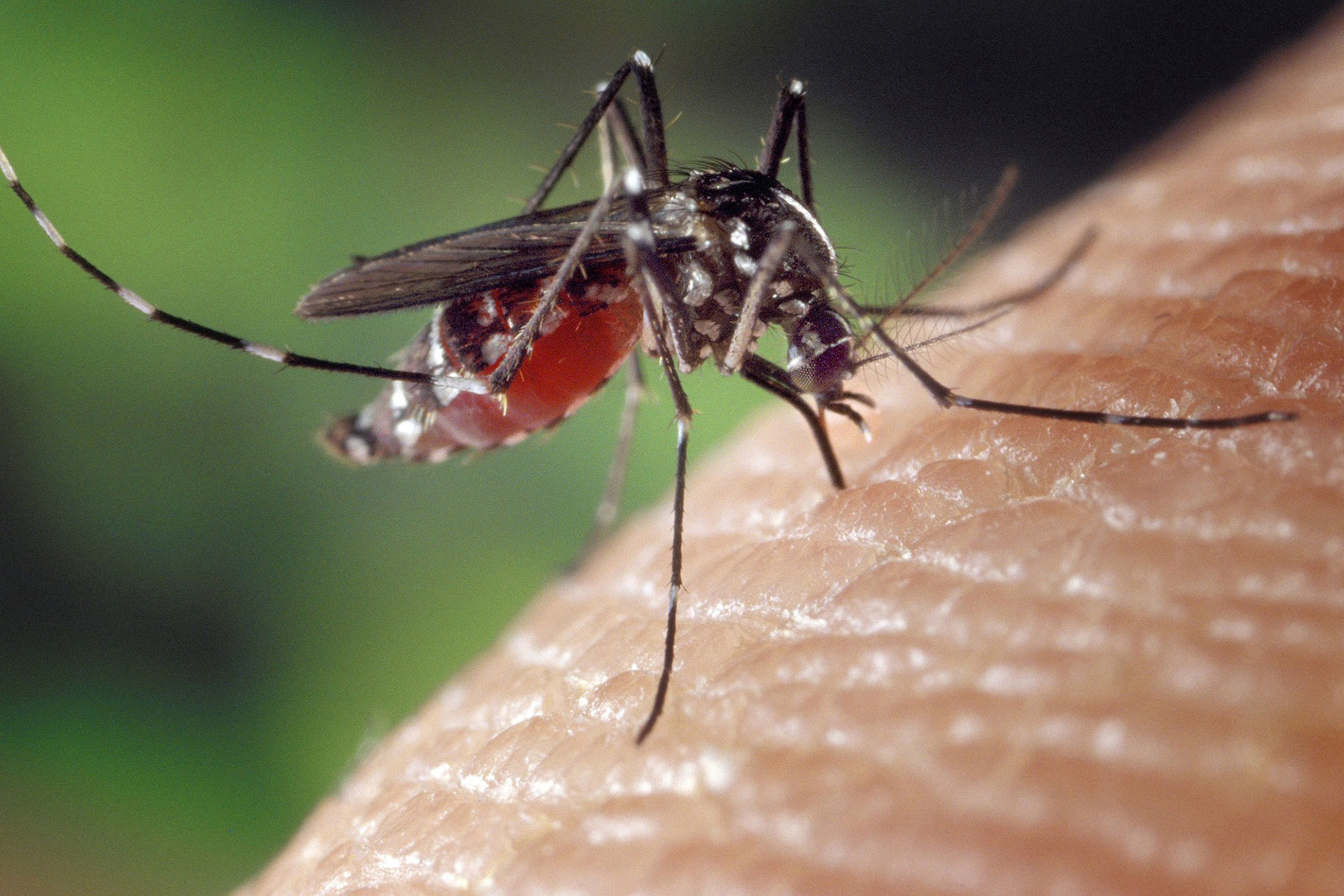
The City of Milwaukee Health Department (MHD) has confirmed that 2018 mosquito surveillance in the county has indicated the presence of West Nile virus.
The mosquitos were collected and tested by the University of Wisconsin – Madison Department of Entomology to conduct seasonal West Nile surveillance.
“A positive mosquito test serves as a reminder to all county residents that it is time to take steps to protect themselves against mosquito bites,” said Angie Hagy, Director of Disease Control and Environmental Health.
Most West Nile virus infections in Wisconsin typically occur between June and September, and are transmitted to humans through a mosquito bite. Symptoms of West Nile Virus include: fever, rash, headache and joint pain. Not all mosquitos carry the virus, and only 20 percent of individuals bitten by an infected mosquito will develop symptoms. Individuals age 50 and older and those with underlying medical conditions are most vulnerable to the virus. If you experience symptoms of West Nile Virus, contact your medical provider.
Protect Yourself from Mosquito Bites
To protect yourself and your family from mosquito bites, the City of Milwaukee Health Department recommends:
- Limiting time outdoors and wearing long-sleeved shirts, long pants, socks and shoes at dusk and dawn when mosquitos are most active.
- Applying an insect repellant with DEET, IR 3535, picaridin, or oil of lemon eucalyptus to clothing as well as exposed skin. Always apply according to the label instructions.
- Preventing mosquitos from breeding by removing stagnant water from areas such as flowerpots, plastic containers, gutters and downspouts. Water in birdbaths and pet dishes should be changed at least every three days. Swimming pools, outdoor saunas and hot tubs should be cleaned and chlorinated. Pool covers should be drained of standing water.
- Trimming tall grass, weeds, and vines as mosquitoes use these areas to rest during hot daylight hours, and landscaping to prevent water from pooling in low-lying areas.
- Mosquito-proofing your home by fixing holes in screens, windows, and doors.
For more information, visit Milwaukee.gov/health.















